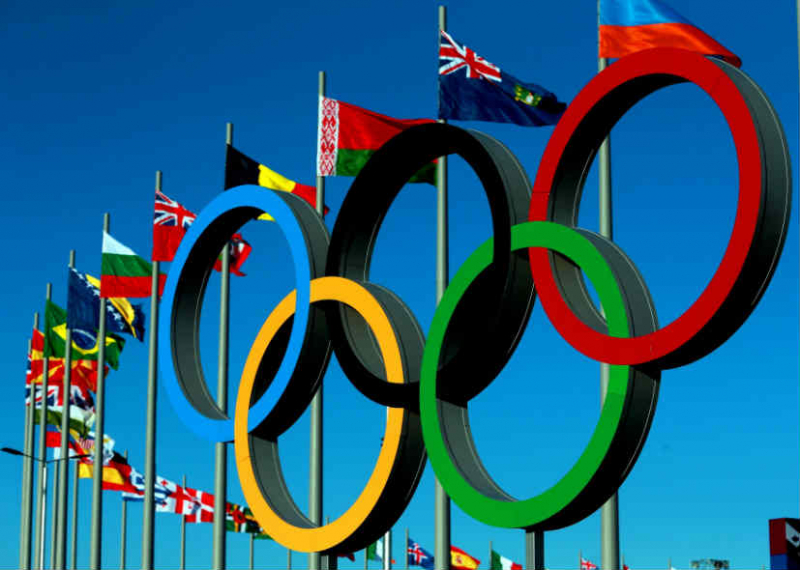Olympic games
One of the greatest inventions and discoveries of ancient Greece is the Olympic games.
With more than 200 participating nations, the Olympic Games are regarded as the world's premier sporting event and a representation of unification on a global scale. However, Pierre de Coubertin, the creator of the International Olympic Committee, was heavily influenced by the ancient Olympics that were formerly held in ancient Greece more than 2700 years ago when he began the first modern Olympics in 1896. Records from antiquity indicate that the first Olympic Games took place in 776 BC. They took place on the historic plains of Olympia and were devoted to the Olympian gods. Greeks from all across the country gathered to see the sight. An Olympic Truce was established during the games' celebration to allow athletes to safely travel from their locations to the games. The winners received crowns or wreaths made of olive leaves as awards.
Every four years, the most renowned games were staged at Olympia in southwest Greece. Greeks from all across the country flocked to see the show. Crowns or wreaths made of olive leaves were awarded as awards to the winners.
Nearly every country is now represented in the Games, and colonies and overseas territories are now allowed to enter their own teams. The problems and issues brought on by this growth include terrorism, doping, bribery, and boycotts. Athletes have the ability to achieve national and occasionally international renown every two years thanks to the Olympics and the media coverage they receive. The Games provide the host nation and city a chance to present themselves to a global audience.











